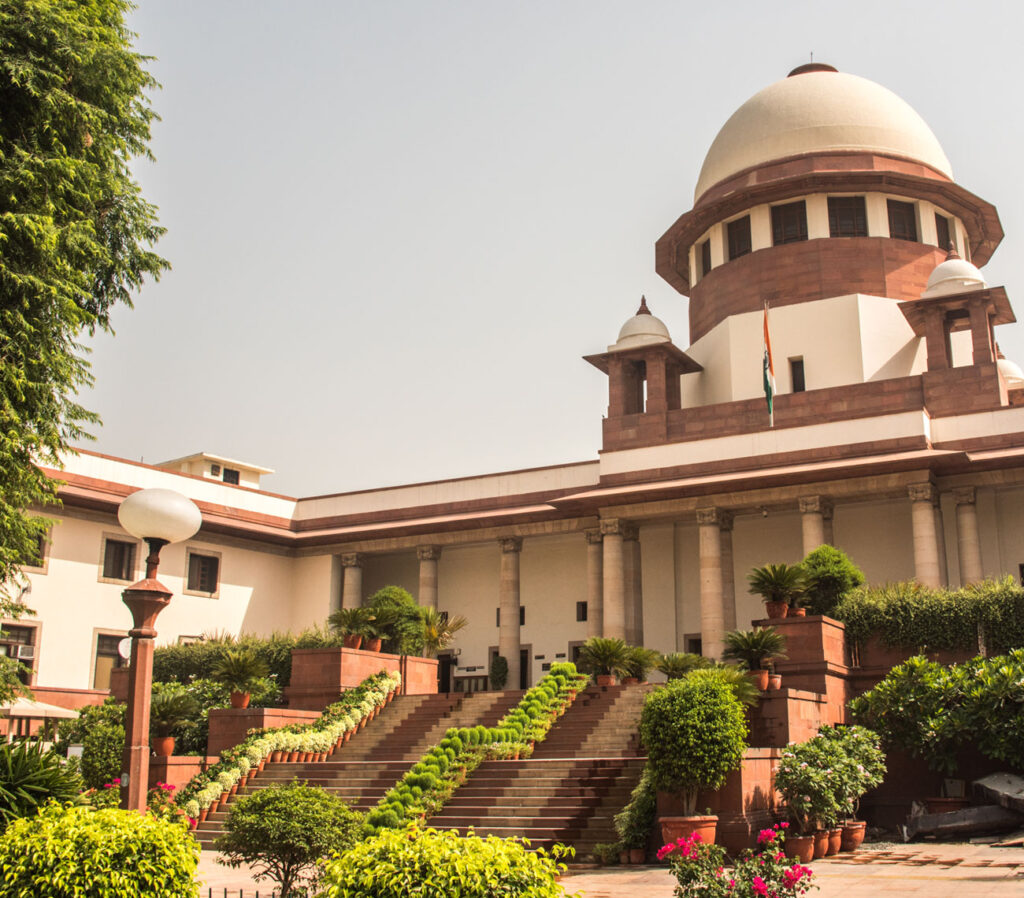- Right to freedom of speech, expression covers right to express political beliefs
New Delhi, Feb 15.
Right to privacy of a citizen would extend to a citizen’s political beliefs and affiliations and the right to freedom of speech and expression would protect a citizen’s right to freely express such beliefs, the Supreme Court said on Thursday.
“Forming political beliefs and opinion is the first stage of political expression. The freedom of political expression cannot be exercised freely in the absence of privacy of political affiliation,” a five-judge bench led by Chief Justice of India D.Y. Chandrachud said.
Informational privacy to political affiliation is necessary to protect the freedom of political affiliation and exercise of electoral franchise, it said.
Information about a person’s political beliefs can be used by the state at a political level, to suppress dissent, and at a personal level, to discriminate by denying employment or subjecting them to trolls.
The lack of privacy of political affiliation would also disproportionately affect those whose political views do not match the views of the mainstream, it noted.
Lack of privacy of political affiliation would also be catastrophic for exercising electoral franchise. “It is crucial to electoral democracy that the exercise of the freedom to vote is not subject to undue influence.”
It is precisely for this reason that the law recognizes certain ‘corrupt practices’ by candidates. These ‘corrupt practices’ do not merely include ‘financial’ corrupt practices such as bribery, it said.
“They also include undue influence of the voters by an attempt to interfere with the free exercise of electoral right, publication of false information about the personal character of any candidate, and providing vehicles for the free conveyance of electors.
The law penalizes practices which have the effect of dis-franchising the voter through illegitimate means. The provision includes the threatening with injury including social ostracism and excommunication from any caste or community.”
Information about a person’s political affiliation can be used to dis-enfranchise voters through voter surveillance.
Voter databases which are developed through surveillance identify voting patterns of the electors and attempt to interfere with their opinions based on the information.
Information about political affiliation of individuals can then be used to influence their votes. Voter surveillance gains particular significance when fewer people have attachments to political parties, the court said.
At a systemic level, information secured through voter surveillance could be used to invalidate the foundation of the electoral system.
Information about political affiliation could be used to engage in gerrymandering, the practice by which constituencies are delimited based on the electoral preference of the voters, the bench observed.

